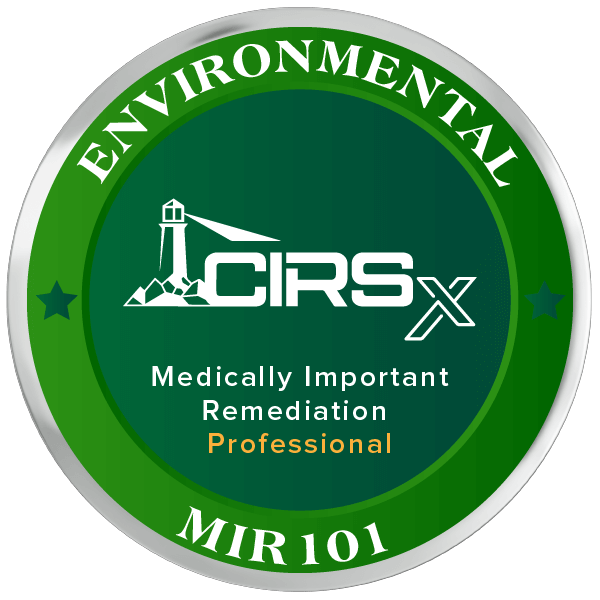Clients/Patients
Free Health assessment for mould and Building Related illness

Patients
As a technician at St Georges Hospital in the 1960s I was taught the term patient only applies to a person under the care of a medical doctor. I have used it here only to focus response and assure you we have no intention or qualification to provide medical treatment and our web site is purely information and guidance which you should discuss with your medical professional.
If your health has gradually declined over months or years, it may be due to exposure to chemical or biological “inflammagens” in your home.Our professional environmental hygiene survey provides expert analysis based on data to identify potential triggers.
By identifying these contaminants and their sources, we can focus on targeted remediation and risk reduction, giving treatments a better chance of effectiveness.
Testimonial from healthcare professional
The Three routes of overcoming mould illness


You can pay over 12 months or 5 years for our services and medical treatment click the “Zero %” Finance button below to find out more.



